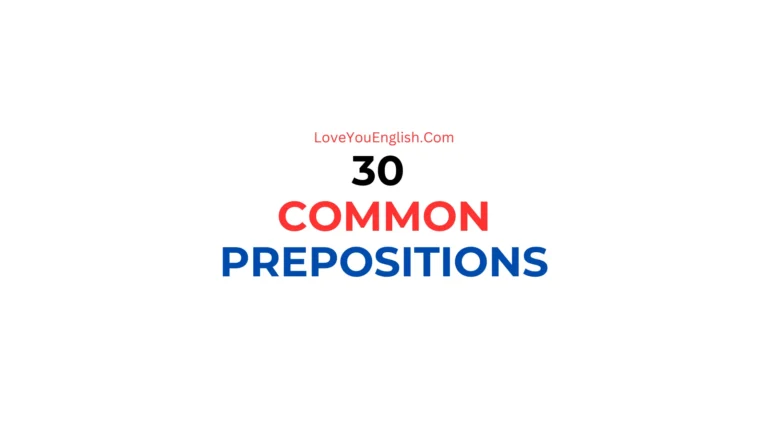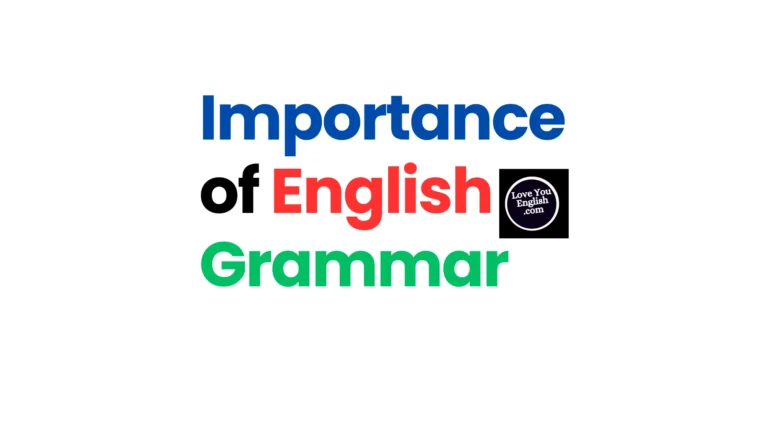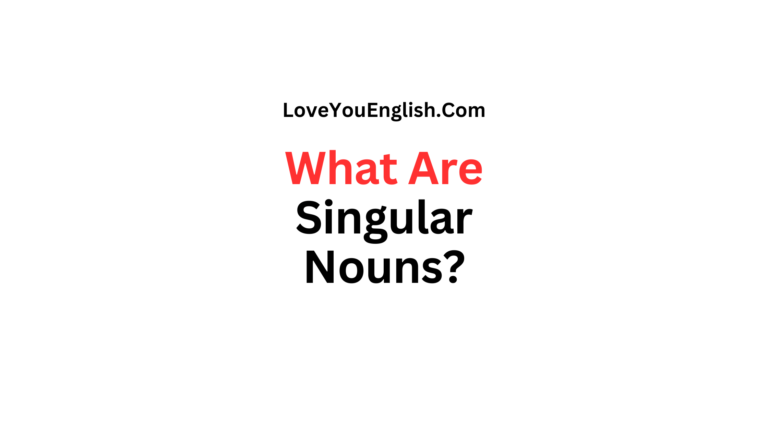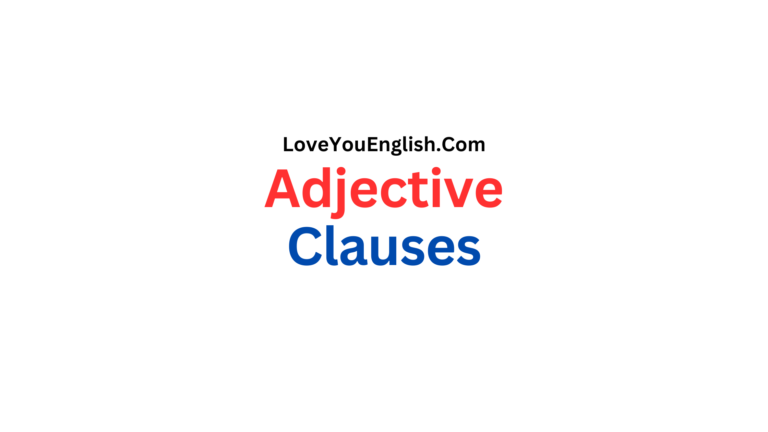Learn ALL Tenses in English: The Complete Course
English tenses are the foundation of correct grammar and clear communication. They help us talk about the past, present, and future, and explain when an action happens. Many English learners feel confused by tenses, but with the right explanation and practice, they can be easy to understand and use.
In this complete guide, “Learn ALL Tenses in English: The Complete Course,” you will learn every English tense step by step, with clear explanations and easy examples. This course covers basic, intermediate, and advanced tenses, helping you form correct sentences in speaking and writing.
Whether you are a beginner, ESL learner, student, or teacher, this complete tense course will help you build a strong grammar foundation and speak English confidently and accurately.
This topic is part of our English Grammar for English learners.
What Are Tenses?
Tenses tell us the time when an action happens.
The three main time categories are:
- Present – Something happening now.
- Past – Something that already happened.
- Future – Something that will happen later.
Each of these is divided into four forms: Simple, Continuous, Perfect, and Perfect Continuous.
Let’s explore all 12 tenses!
1. Present Tenses
a) Simple Present
Use: To talk about daily habits, general truths, and regular actions.
Structure: Subject + base verb (+ s/es for he/she/it)
Examples:
- I eat breakfast every morning.
- The sun rises in the east.
b) Present Continuous
Use: For actions happening now or temporary situations.
Structure: Subject + am/is/are + verb(-ing)
Examples:
- She is reading a book.
- We are learning English.
c) Present Perfect
Use: To talk about actions completed in the past but linked to the present.
Structure: Subject + have/has + past participle
Examples:
- I have finished my homework.
- He has visited London.
d) Present Perfect Continuous
Use: For actions that started in the past and continue to the present.
Structure: Subject + have/has + been + verb(-ing)
Examples:
- They have been working for three hours.
- She has been studying since morning.
2. Past Tenses
a) Simple Past
Use: For actions completed in the past.
Structure: Subject + past tense of verb
Examples:
- I went to the market.
- She watched a movie yesterday.
b) Past Continuous
Use: For actions happening at a specific time in the past.
Structure: Subject + was/were + verb(-ing)
Examples:
- I was cooking dinner at 7 PM.
- They were playing football when it started raining.
c) Past Perfect
Use: To show an action completed before another action in the past.
Structure: Subject + had + past participle
Examples:
- He had left before I arrived.
- They had finished the work by 6 PM.
d) Past Perfect Continuous
Use: For actions that started and continued for some time before another past action.
Structure: Subject + had + been + verb(-ing)
Examples:
- She had been studying for two hours before the exam.
- We had been walking for an hour when it started raining.
3. Future Tenses
a) Simple Future
Use: To talk about actions that will happen in the future.
Structure: Subject + will + base verb
Examples:
- I will call you tomorrow.
- They will travel next week.
b) Future Continuous
Use: For actions that will be happening at a specific time in the future.
Structure: Subject + will be + verb(-ing)
Examples:
- I will be studying at 8 PM.
- They will be playing football in the evening.
c) Future Perfect
Use: To talk about actions that will be completed by a certain time in the future.
Structure: Subject + will have + past participle
Examples:
- She will have finished the project by Monday.
- We will have reached the station by 5 PM.
d) Future Perfect Continuous
Use: For actions that will continue until a specific time in the future.
Structure: Subject + will have been + verb(-ing)
Examples:
- By next year, they will have been working here for five years.
- I will have been studying for three hours by the time you arrive.
Quick Reference Chart
| Tense | Structure | Example |
|---|---|---|
| Simple Present | Subject + base verb (+s/es) | He walks to school. |
| Present Continuous | Subject + am/is/are + verb(-ing) | She is eating lunch. |
| Present Perfect | Subject + have/has + past participle | They have seen the movie. |
| Present Perfect Cont. | Subject + have/has + been + verb(-ing) | I have been writing. |
| Simple Past | Subject + past tense verb | He played football. |
| Past Continuous | Subject + was/were + verb(-ing) | I was watching TV. |
| Past Perfect | Subject + had + past participle | She had left before I arrived. |
| Past Perfect Cont. | Subject + had + been + verb(-ing) | They had been working all night. |
| Simple Future | Subject + will + base verb | We will travel tomorrow. |
| Future Continuous | Subject + will be + verb(-ing) | He will be studying. |
| Future Perfect | Subject + will have + past participle | She will have completed it. |
| Future Perfect Cont. | Subject + will have been + verb(-ing) | I will have been running. |
Tips to Learn Tenses Easily
- Practice daily: Use simple sentences to describe your day.
- Focus on examples: Learn through examples instead of just rules.
- Understand keywords: Words like yesterday, now, tomorrow help you decide the tense.
- Use charts: A reference chart can help you revise quickly.
- Speak and write: Practice speaking and writing sentences in different tenses.
Final thoughts
Learning tenses is the foundation of mastering English.
Start with simple tenses and gradually move to complex ones.
With regular practice, you will become confident in using all tenses in your conversations and writing.
If you found this guide helpful, share it with your friends who are also learning English.
Happy learning! 😊
You may also like these English learning articles:
- Its vs. It is: Learn the Difference
- Understanding “Was” vs. “Were” in Conditional Sentences
- Phrases in English: Learn Common English Phrases with Examples
- What Are Comparative Adjectives? Definition and Examples
- What Are Superlative Adjectives? Definition and Examples






